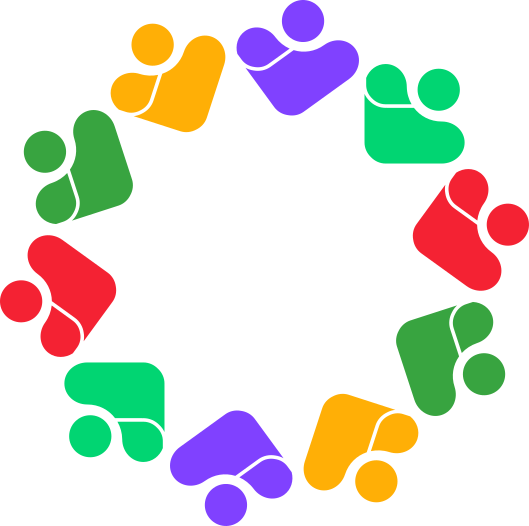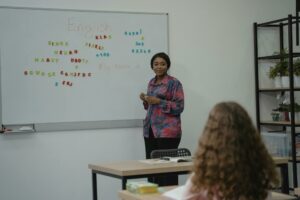· Comes in various forms, from “unschooling” on the one end of the spectrum to guided learning towards a matric and degree.
· Unschooling sees learning in all activities; child follows interests;
· Is premised on the idea that human beings are natural learners from birth, but adults interfere with the learning process
· Gives a child the freedom for the child to learn,
· Avoids the carrot and stick (rewards and punishments) approach
· Promotes the idea that it is more effective/sustainable to learn for the love of learning and less effective/sustainable to learn because of fear of punishment, for marks or to be the top of the class
· Promotes the idea that failure is a stepping stone to success
· Prefers flexible exam writing options (e.g. Cambridge exams, GED exams)
· Is learning a concept/skill when ready to do so as each child is unique, and can learn at his/her own pace
· Boosts independence
· Boosts self-confidence
· Is learning how to learn, not only what to learn
· Improves research skills and learning how one learns best
· Is individualised learning; there’s no comparison with other students as this hurts self-esteem or creates a false sense of superiority; each human being is on their own unique journey
· Allows children to become techno-savvy
· Allows children to become problem-solvers
· Allows children to be more equipped to deal with freedom at university and in the adult world Promotes entrepreneurial confidence



